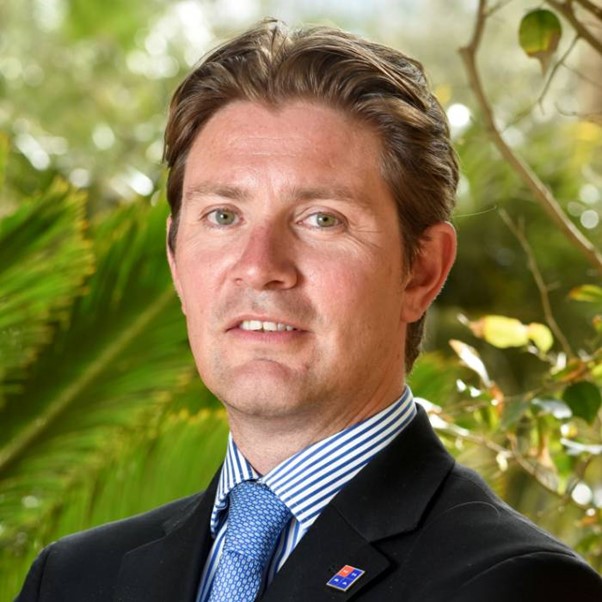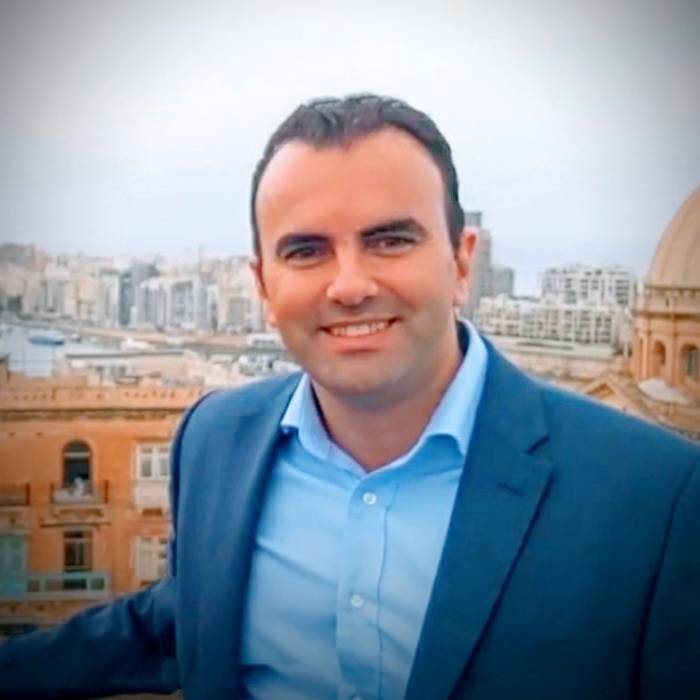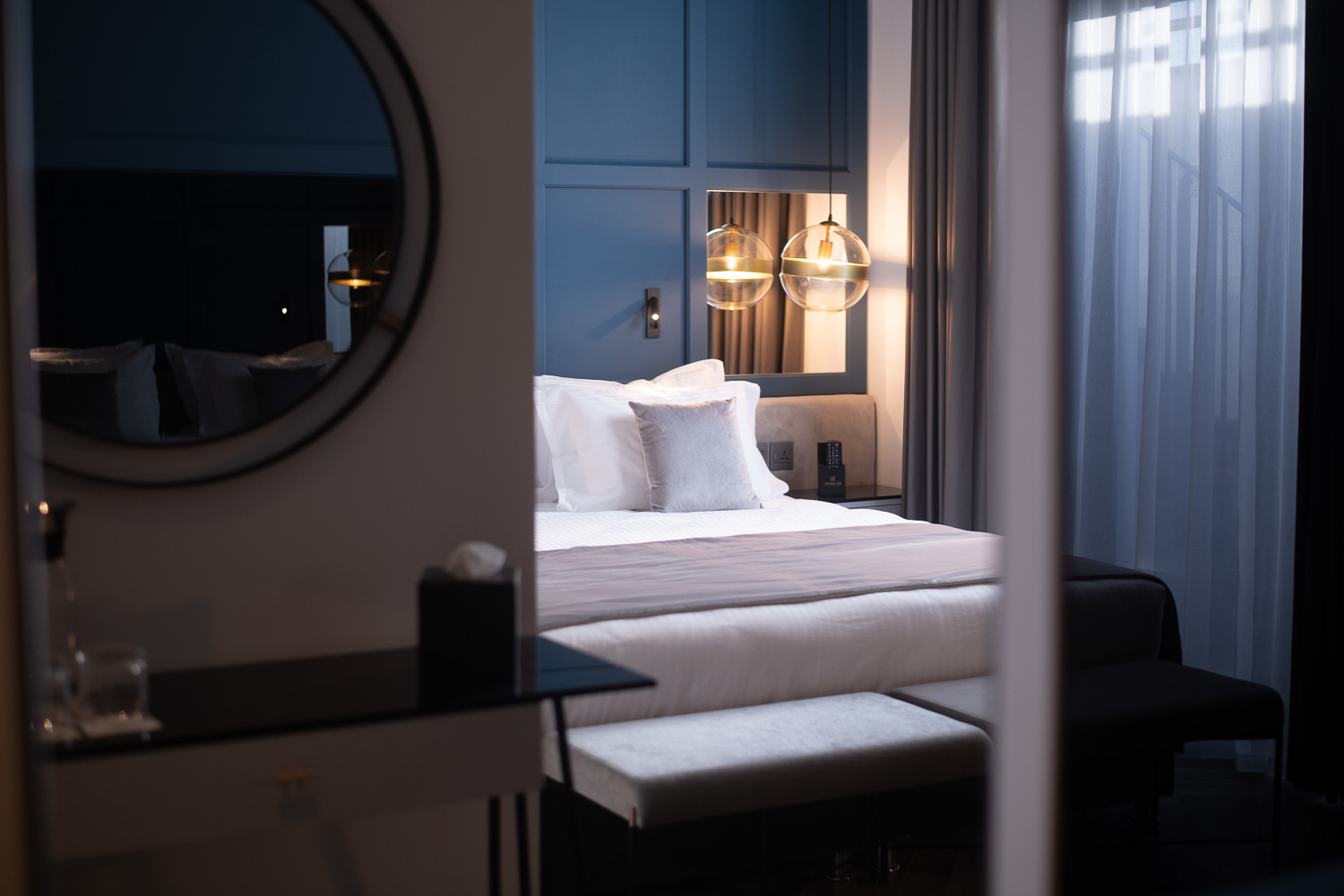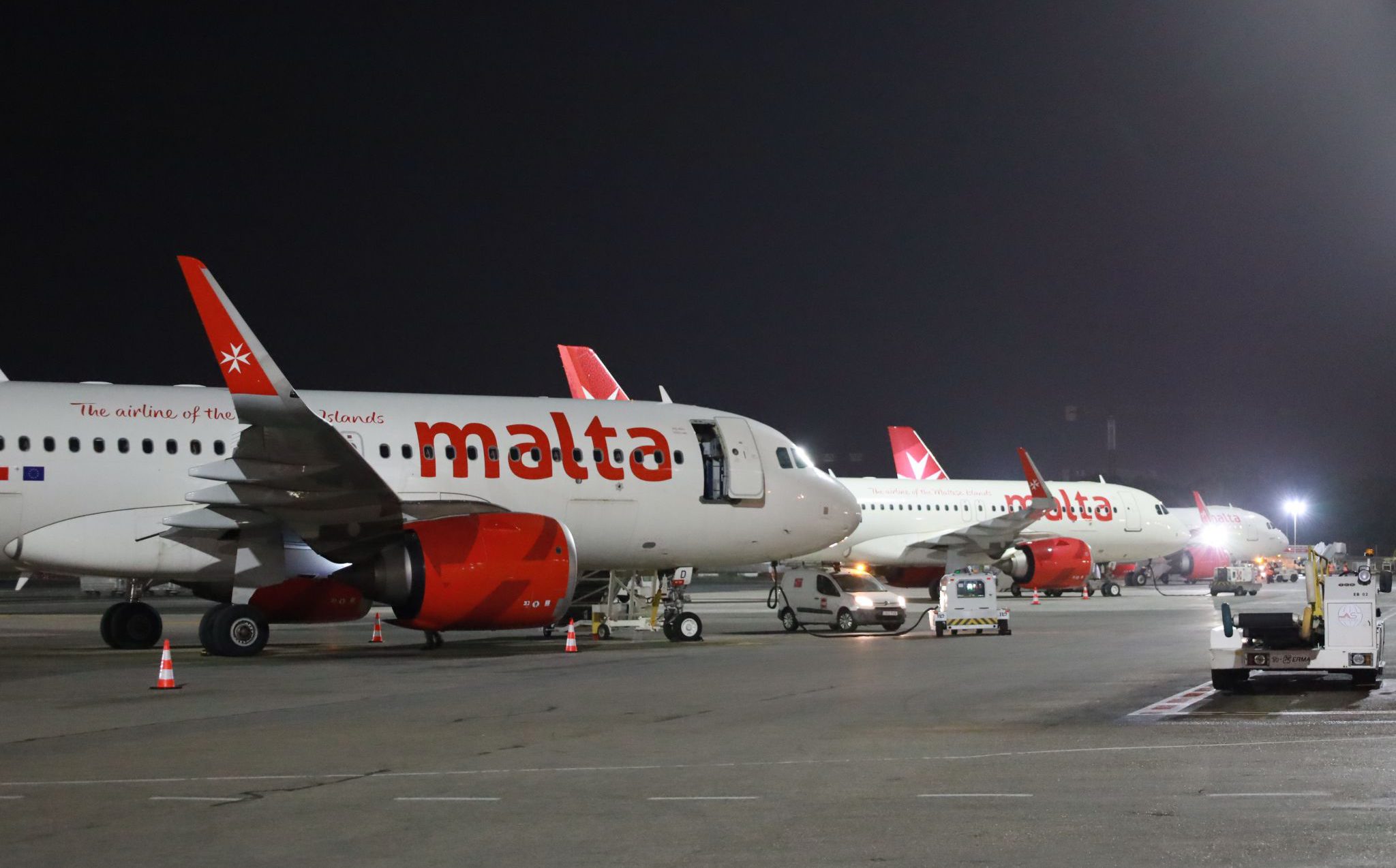The carrying capacity study commissioned by the Malta Hotels and Restaurants Association has made waves since it was published two weeks ago, with various stakeholders weighing in to air their views on the worrisome report.
Malta Chamber of SMEs’ deputy president Philip Fenech warned that “there will be blood” as certain hotels will almost inevitably close down due to oversupply to accommodation, while Minister for Tourism Clayton Bartolo assured a concerned population that Government is not trying to attract 4.7 million tourists to Malta – the figure required to ensure profitability, according to the study conducted by Deloitte.
BusinessNow.mt reached out to two hotels, one brand new, the other currently undertaking an expansion exercise, to get their thoughts on the matter, and to ask how they feel about bringing new offerings to market when all indications point to a cut-throat environment.
Simon De Cesare, CEO of Eden Leisure Group, which owns the InterContinental Malta and Holiday Inn Express, and is currently building a new hotel atop the Eden Bowling premises, stated that although it will indeed be “very difficult” to compete, he believes that “there will still be a market for strong brands, experienced hoteliers, and competitive advantages”.

His biggest concern is “those coming into the industry without any real knowledge or experience in the market who are over leveraged and who will react by dropping rates”.
Mr De Cesare does not believe Malta will “ever able to attract the numbers to retain the same occupancy as in the past with the increased bed stock”.
He called on investors to heed the report and consider their investment carefully.
“If the authorities do not consider the effects of this oversupply of the industry then there will be significant pain in the industry going forward,” he says.
The key to navigating the difficulties ahead, he continues, is the ability to differentiate one’s offering from the mass product, with such companies able to “succeed and survive the fall out.”
Asked about Eden Leisure Group’s expansion Mr De Cesare expresses confidence that the group “has what it takes to make this project a success”.
Pressed on what exactly the group brings to the table that is different to competitors, he says its project is “more than just a hotel”, since it will “provide overall synergies to the street and the areas as a whole”.
This, he says, is in line with Eden’s holistic vision of hospitality, which is carefully considered to build intra-group synergies by operating in different tourism and entertainment sectors, from international conferences to eSports competitions, from a casino to a fitness club, and of course its recently refurbished cinema.
This approach, believes Mr De Cesare, provides a bit of an edge from the elevated competition expected in the coming years.
Another development perhaps best known for its cinema offering, Embassy, opened a luxury hotel in Valletta in December 2020, at the height of the COVID019 pandemic.
General manager Hubert Debono explains that plans for the hotel had been conceived and developed over a span of almost 10 years prior to the actual development, in response to the heavy investment by public and private operators in the capital over the period.
“Valletta finally started attracting an increasing number of tourists throughout the day, and also in the evenings,” he says. “Beautiful boutique hotels started budding inside, restoring derelict buildings in the process and giving the opportunity to tourists and locals alike to not only experience Valletta’s shops and attractions, but also to feel what it is like to ‘wake up’ in a World Heritage Site and a European city of culture.”
Mr Debono says that market trends showed that it “made sense” to convert the existing Embassy Complex into a luxury hotel complemented by top-notch amenities including a heated pool and conference facilities, as such an investment could attract new tourist market segments to Valletta all year round.

These include small leisure and cultural groups, MICE groups, corporate guests, and even families, while the Embassy Hotel’s central location, building size, and the views from the rooftop present unique attributes “that can never be copied inside the city walls”.
“They give the building a unique advantage to tap into a gap in the hotel market in Valletta that essentially benefits the whole city.”
He states that even though it opened during troubled times, “it was evident from the outset that the vision of the directors was right”, with the hotel attracting one of the highest occupancies and room rates, not only in Valletta, but on the island, he adds.
Remarking on the carrying capacity exercise commissioned by the MHRA, Mr Debono expresses the view that it was “long overdue”, stating that benchmarking success should not only be based in increasing tourist numbers, but more importantly, on the quality of life of residents and the quality of the tourist experience.
“Unfortunately,” he continues, “the current scenario and outlook are bleak for the industry. The mantra of quality versus quantity advocated in the national tourism policies over the past decades has always remained on paper.”
He points to statistics showing that from 2016 to 2019, tourist arrivals increased by 40 per cent, while tourists’ spend per capita decreased by seven per cent.
Mr Debono believes that the coming years will be challenging for those who did not think their investment through.
“It is important to understand that not all hotel projects are the same. There are those which attract a higher-spending tourist and add value to the community, and there are those who continue to flood the market with more-of-the-same, instigating lower rates and a downward spiralling vicious cycle.”
The effect of such a “downward spiral” on better-considered investments remains to be seen.
Featured Image:
French ATC strike forces Ryanair to cancel over 300 flights, affecting 50,000 passengers
The low-cost carrier is demanding the EU carries out reforms to ensure travel continues undisrupted
Valletta ranks 8th most expensive European capital city to live in – study
While London is the most expensive, Bucharest is the most affordable
KM Malta Airlines cancels flights between Malta and Paris on Thursday due to air traffic control strike
Impacted customers can opt for an alternative flight or apply for a full refund






